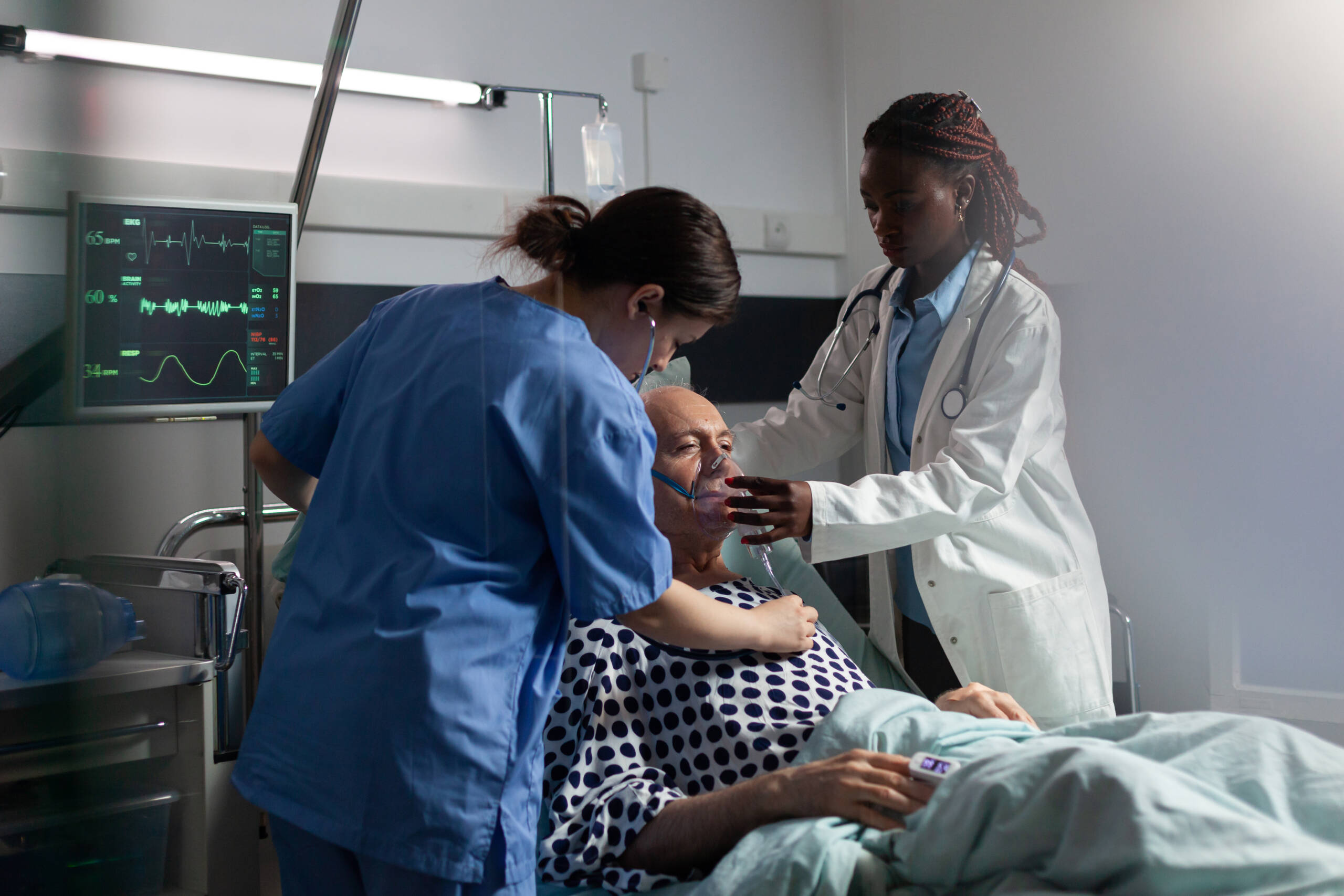Yes. Any job in medicine requires constant and continuous learning to ensure you’re providing the most up-to-date and efficient care – but some training, specifically courses that develop critical skills, can lead to more tangible results, like a pay increase or diversified employment opportunities. If you’re looking to make more money or secure a higher salary, enhancing these skills – which include both technical and interpersonal proficiencies – can help you achieve those goals. Taking on extra shifts in high-demand areas can come with extra pay, including in high-demand environments like the ICU and ER. However, an increased paycheck for more hours worked isn’t the same as getting hired in a higher-paying position where you can work the same number of hours and get paid more. Training, whether through certifications or by going back to school for an advanced degree, is one of the most reliable ways to enhance your resume and establish your commitment to earning leadership roles or positions with more responsibility. Certifications are less expensive and time-consuming than an advanced degree. Some may only require completing a certificate program and/or a specific amount of work experience before nurses are eligible to sit for certification exams to prove their skill proficiency. Common certifications for RNs include Certified Critical-Care Nurse (CCRN), Inpatient Obstetric Nurse (RNC-OB) and Clinical Research Nurse Certification (CRN-BC), while certifications for LPNs primarily focus on verifying entry-level basics, such as IV care and pharmacology. In contrast, a degree usually involves many semesters of dedicated study and training, but that effort can go a long way in elevating your salary potential. Advanced degrees, such as , can provide current nurses a convenient opportunity to hone existing skills, gain new ones and translate them directly into a broader array of career opportunities. Getting an advanced degree not only gives you the rigorous education you need to develop specialized skills, but it can also serve as concrete proof of your capabilities to employers and healthcare facilities. While you may improve your nursing abilities in your current position, employers may not be as confident about hiring you without formalized education and certifications. Although diploma programs are faster, an advanced degree can show your dedication to a specific area, clearly demonstrating how much time and effort you’ve put into learning these skills, which can give you a competitive edge over other applicants. A degree shows that you’ve undergone a thorough education in the subject and have officially cultivated your skills with a combination of expert guidance and hands-on training. Pursuing a formal education can also give you access to a network of professionals and mentors, opening the door to new connections and influences that can lead to new career prospects previously inaccessible. Make yourself a desirable job candidate with the potential to earn more money with a reputable and rigorous education from St. Louis College of Health Careers. Our programs will thoroughly prepare you for your dream job while being flexible to your current job responsibilities, including online classes so you can advance your career on your own time. Call 866-529-2070 today to learn more about .
Details








